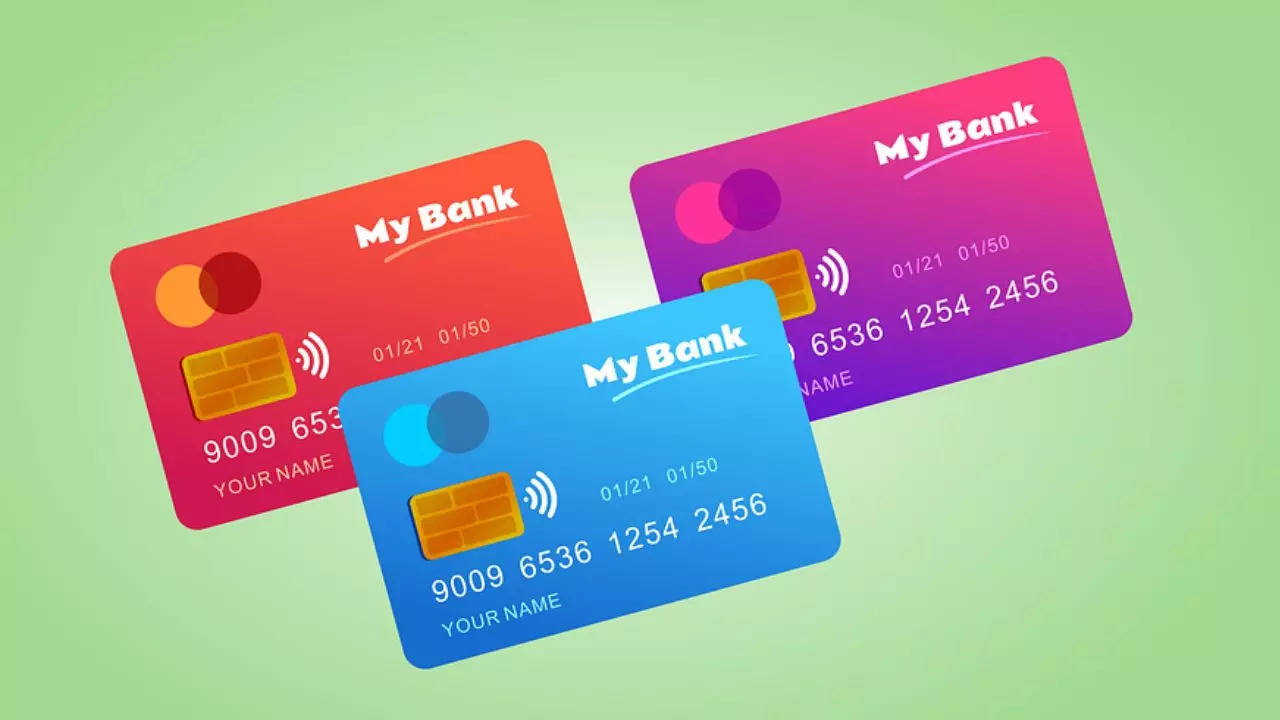Ever heard of wrapping your key fob in aluminum foil? It might sound unusual, but it’s a savvy move.
Your key fob’s signal can be intercepted surprisingly easily by criminals, allowing them to unlock your car without triggering alarms or, in the case of true keyless models, even drive it away. Wrapping your key fob in foil blocks these signals, adding a layer of security.
Given that your car is likely one of your most valuable possessions, it’s no surprise it’s a target for various scams. Here are a few currently targeting car owners and potential buyers:
Cloned VIN Scam: A Boston woman bought an SUV for $40,000 on Facebook Marketplace, believing it had a clean title based on a legit Carfax report. Three years later, the police seized the vehicle—it was stolen in a VIN cloning scam. Scammers use a stolen or totaled car to copy its VIN onto a stolen vehicle, allowing them to forge documents and sell the car fraudulently.
Tips for Buyers
- Use services like Carfax or AutoCheck to check VINs.
- Compare VINs on the car with those on its documents.
Facebook Marketplace Scams: An 18-year-old in Fort Lauderdale, Florida, was arrested for listing neighbors’ cars for rent on Facebook Marketplace, collecting deposits, and sending renters to the owners’ homes—resulting in chaos and damage.
Tips for Renters
- Avoid paying deposits for rentals through community platforms.
- Stick to legitimate rental companies for peace of mind.
Denial-of-Service Attacks: Cybercriminals can overwhelm a vehicle’s systems via Wi-Fi, potentially disabling critical functions like airbags and brakes. It’s essential to change your car’s Wi-Fi password regularly and disable Bluetooth and Wi-Fi when not in use.
Onboard Diagnostics Exploits: Modern cars have diagnostic ports that, if accessed by exploit kits, can replicate and program keys for theft. Always use reputable mechanics and consider using a physical steering wheel lock for added security.
Mobile Malware Threats: Connected cars with internet capabilities can be vulnerable to malware sent via emails or messages, compromising the car’s systems. Practice internet safety, avoid clicking on suspicious links, and be cautious with car-connected devices.
Protecting your vehicle from these evolving threats requires vigilance and proactive measures to safeguard against potential scams and cyberattacks.


